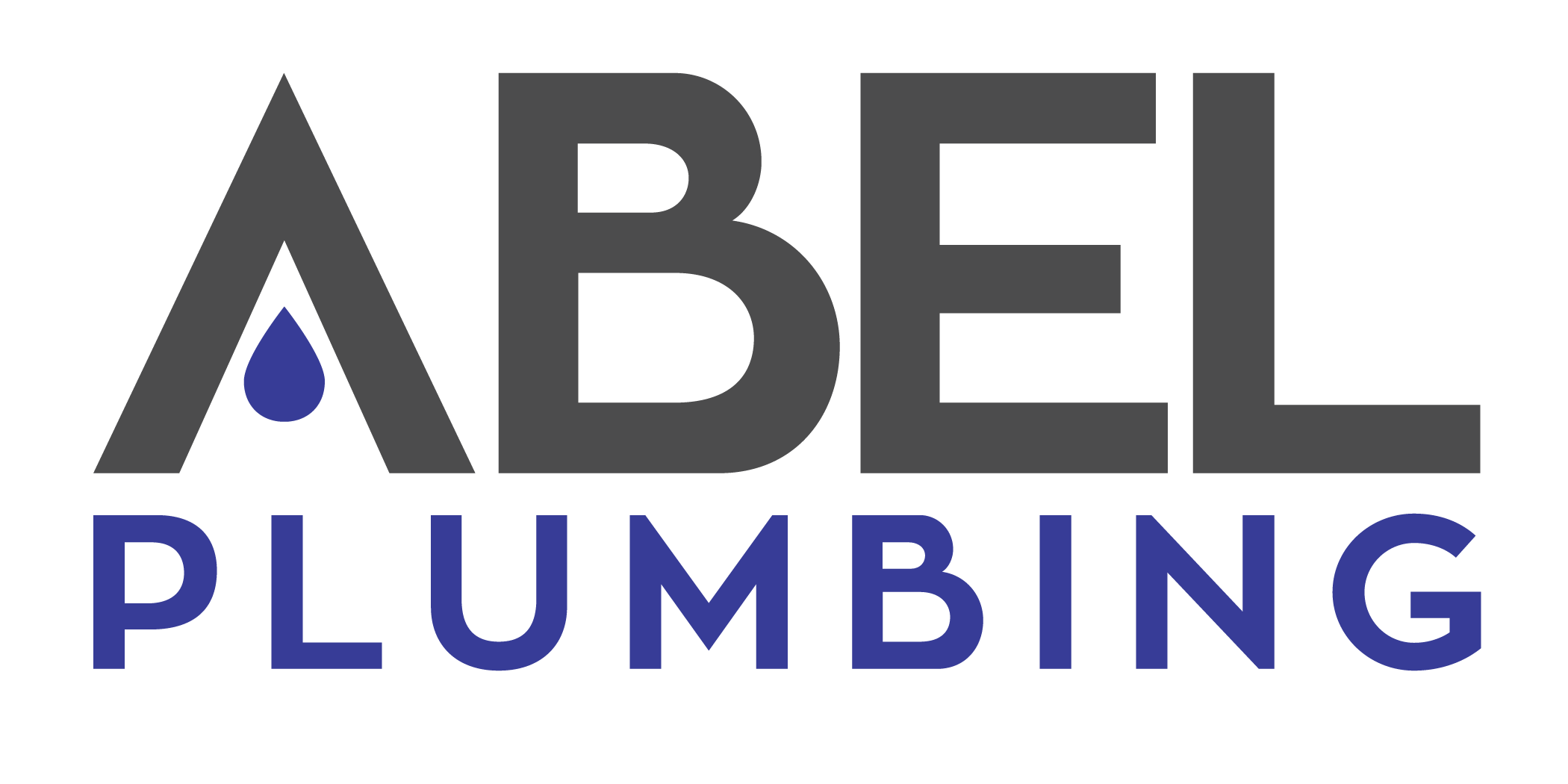Where Does the Food in My Dishwasher Go?
In our modern world, dishwashers are a simple and convenient part of our lives. And if you’re anything like me, pre-rinsing dishes before they go in the dishwasher is almost non-existent. So have you ever wondered where those extra food scraps go? Surely they don’t just disappear.
We take having a working dishwasher for granted until it doesn’t work all of a sudden. Dishwashers accumulate plenty, such as food, paper, and other scraps which can create clogs and cause backup over time.
Stay with us if you would like to learn where those scraps end up and what you can do if you suspect your dishwasher is clogged.
Reasons you’re experiencing a dishwasher clog and what to do.
Clogged filter basket: The filter basket is a part of the drain that prevents scraps of food and other items from entering the pipes. This basket needs to be cleaned regularly so it doesn’t become backed up.
In most cases, it’s a matter of getting a good grip on the filter and turning it counterclockwise to remove it- look for any food particles or buildup that may be preventing drainage and clean it out.Clogged drains: If you are experiencing more than one clogged drain in your home, this may be a sign that you have a more serious clog that has nothing to do with your dishwasher.
We suggest chatting with your local professional plumber to diagnose the problem.Clogged drain hose: Your dishwasher drains through a hose that can be connected to your kitchen sink drain or garbage disposal. This drain hose can accumulate build-up and cause clogs.
We suggest cleaning your dishwasher drain pipe to eliminate the clog. If you do have a garbage disposal, it can also help to run the disposal before starting your dishwasher.Additional dishwasher tips:
If you see signs of mold or mildew in your dishwasher, pour a cup of bleach into a dishwasher safe container, place it in the bottom rack, and then run a full cycle. Do not do this if the interior of your dishwasher is stainless steel, and never mix bleach with vinegar or baking soda.
Surprisingly enough, a bit of grease or food on your dishes is good to have for proper reaction with dish soap. So you don’t want to completely clean your dishes before you load them.
To save water and energy, only run your dishwasher when it is full.
We hope this comes in handy next time you have a plumbing emergency. For more useful information, head to our Abel Plumbing Blog! If you are having water pressure issues reach out to us at (763)-682-4105.

